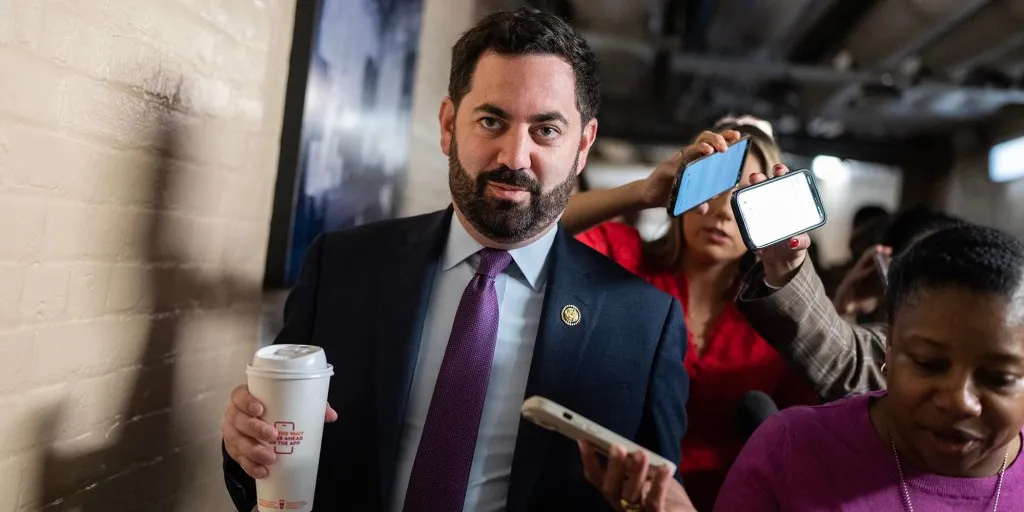The political world needs to pause, reassess and come to terms with the apparent fact that there are no actual Republican moderates on Capitol Hill.
Ahead of this week's final vote on the Republican Party's massive reconciliation package -- the poorly named "One Big Beautiful Bill Act" -- House Speaker Mike Johnson faced a seemingly impossible challenge. If the Louisiana Republican moved the bill toward the center, he'd lose support from his far-right flank in the House Freedom Caucus. If he pushed the legislation further to the right, he risked losing votes from the party's so-called "moderate" wing.
With a small majority in the chamber and little margin for error, the House speaker faced a riddle without an obvious answer -- that is, until Johnson chose the course that, in hindsight, was the obvious call.
The GOP leader struck backroom deals with his most right-wing members, made the bill even more punitive and regressive, and told his party's "centrists" to simply vote for it anyway.
And they did.
As the process unfolded over the course of several months, Republicans from competitive districts -- including districts that Joe Biden won in 2020 and Kamala Harris won in 2024 -- focused on a couple of core priorities: preventing deep Medicaid cuts and preserving clean energy investments. On Wednesday night, with just hours remaining before the bill reached the House floor for a vote, the House speaker told his so-called "moderate" members that he was moving forward with a bill that largely ignored their concerns. Politico reported roughly nine hours before the vote:
Soon after, Garbarino, despite feeling "not happy" with his party's last-minute, far-right changes, endorsed the bill anyway. How many of his "moderate" colleagues did the same thing, voting for the legislation after their party's leaders blew off their concerns and priorities? Literally all of them. The group included Republican Rep. Mike Lawler of New York, who also expressed doubts before ultimately backing the package.
Johnson catered to the House Freedom Caucus members because he assumed they'd follow through on their threats and derail the bill. Johnson snubbed the ostensible "centrists" because he assumed they'd cave and do what they were told.
The speaker's assumption was, we know now, entirely correct.
This was a predictable outcome because it keeps happening. In every tough vote this year, "moderates" grumbled a bit, shortly before they linked arms with their conservative brethren and toed the party line.
A couple of years ago, an unnamed GOP lawmaker told an NBC News reporter, "Moderates always cave. A tale as old as time." That's largely true, though it also raises related questions that are too often overlooked: If "moderates" effectively always vote the same way as their far-right colleagues, then are they actually "moderates"? Or does it make more sense for the political world to pause, reassess and come to terms with the apparent fact that there are no actual Republican moderates on Capitol Hill?
What's especially striking about this dynamic is that these Republicans actually have incredible leverage, especially in light of the party's tiny majority. What's more, they have a very compelling excuse they can bring to Johnson and other party leaders: As the prevailing political winds start to turn against Republicans, and with historical trends favoring Democrats next year, these GOP members from competitive districts can plausibly tell their own party, "Look, if I go along with a radical, far-right agenda, I'll lose; Democrats will take my seat; and we'll end up in the minority."
But they don't use that leverage -- perhaps because they're too weak, perhaps because they're too scared, or because their genuine political beliefs aren't nearly as "centrist" as they like to pretend.
